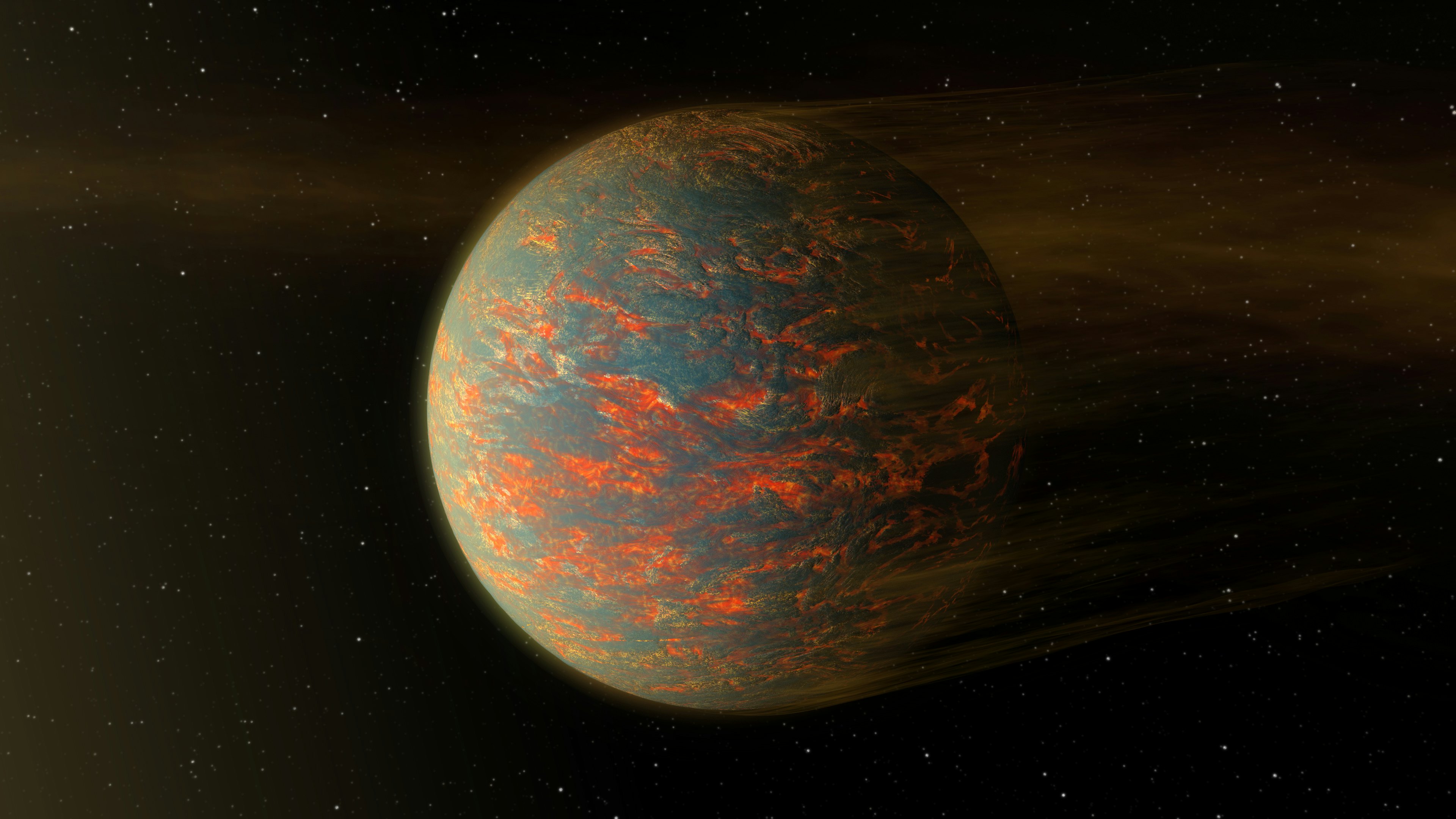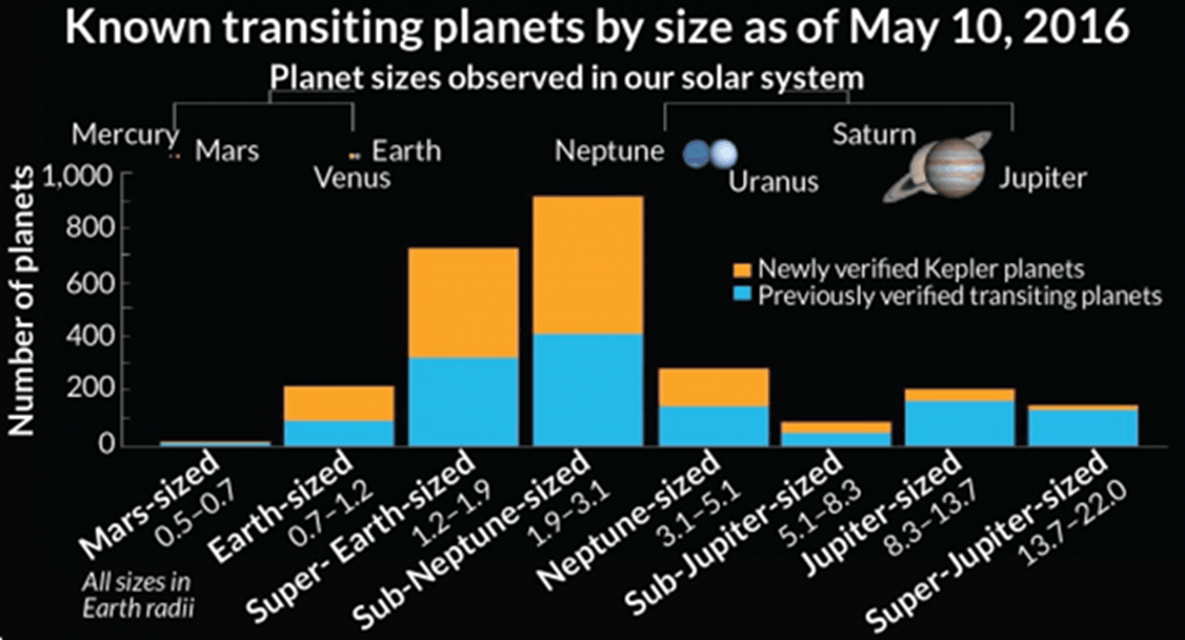
It’s easy to think of Earth as a water world, with its vast oceans and beautiful lakes, but compared to many worlds, Earth is particularly wet. Even the icy moons of Jupiter and Saturn have far more liquid water than Earth. Earth is unusual not because it has liquid water but because it has liquid water in the warm habitable zone of the Sun. And as a new study in Nature Communications shows, Earth could be even more unusual than we thought.
Water is one of the more common molecules in the universe. Hydrogen is the most abundant element in the cosmos, and oxygen is easily produced as part of the stellar CNO fusion cycle. So we would expect water-rich planets to be plentiful in stellar systems. But that isn’t to say liquid water will be plentiful. In our Solar System, two kinds of worlds have liquid water. Earth and gas giant moons.
Like other warm terrestrial planets such as Venus and Mars, Earth had liquid water in its youth. Mars was too small to retain its water. Much of it evaporated into space, while some froze into its surface crust. Venus was large enough to retain water, but its extreme heat boiled much of it off into its thick atmosphere. We still aren’t entirely sure how Earth managed to retain its oceans, but it was likely a combination of a strong magnetic field and an extra helping of water from asteroids and comets during the heavy bombardment period.
The icy moons of Jupiter and Saturn are another story. They were far enough from the Sun that they retained the water of their formation. They quickly formed a thick layer of ice to prevent water from evaporating into space. But these moons are small worlds and would have very quickly frozen solid were it not for the tidal forces exerted by their gas giant.
Since cold gas planets are likely to have icy moons, the general thought is that we would be far more likely to find life on a Europa-like world than an Earth-like one. But this new study begs to differ. It argues that liquid water is much more likely to be found on super-Earths.

Super-Earths span a mass range from a couple of Earth masses to Neptune mass. On the large end, they are likely to be gassy worlds with thick atmospheres. On the small end, they are likely to be more Earth-like. Based on the exoplanets we’ve found so far, super-Earths are by far the most common. And a majority of them are likely to be outside their star’s habitable zone in the cold regions of the star system. So they are likely water-rich. But they also aren’t likely to be found orbiting a gas giant, so it’s generally been assumed that their ice layer would be mostly frozen solid over time.
The reason has to do with the various freezing and melting points of ice. The kind of ice we have on Earth melts at around 0 degrees Celsius. But this is only true around Earth’s atmospheric pressure. At higher pressures, there are several varieties of ice with differing melting points. Although it’s a bit complicated, generally, at higher pressures, ice can have a much higher melting point. So even if a super-Earth is geologically active, it might not be warm enough to melt ice.
This new study shows that super-Earths don’t have to be hot enough to create a deep ocean. Through geothermal and nuclear heating, it can melt a thin layer of water at its surface, and thanks to fissures and various water phase transitions, water can creep up to the layer just below the frozen surface. This process would be enough to create a rich ocean layer of liquid water. Since the heat of a super-Earth lasts billions of years, it could maintain a liquid ocean long enough for life to evolve.
Based on what we know about exoplanets, super-Earth oceans could be 100 times more common than those of Earth-like worlds or icy moons. And that means life has even more possible homes than we thought.
This article was originally published on Universe Today by Brian Koberlein. Read the original article here.







